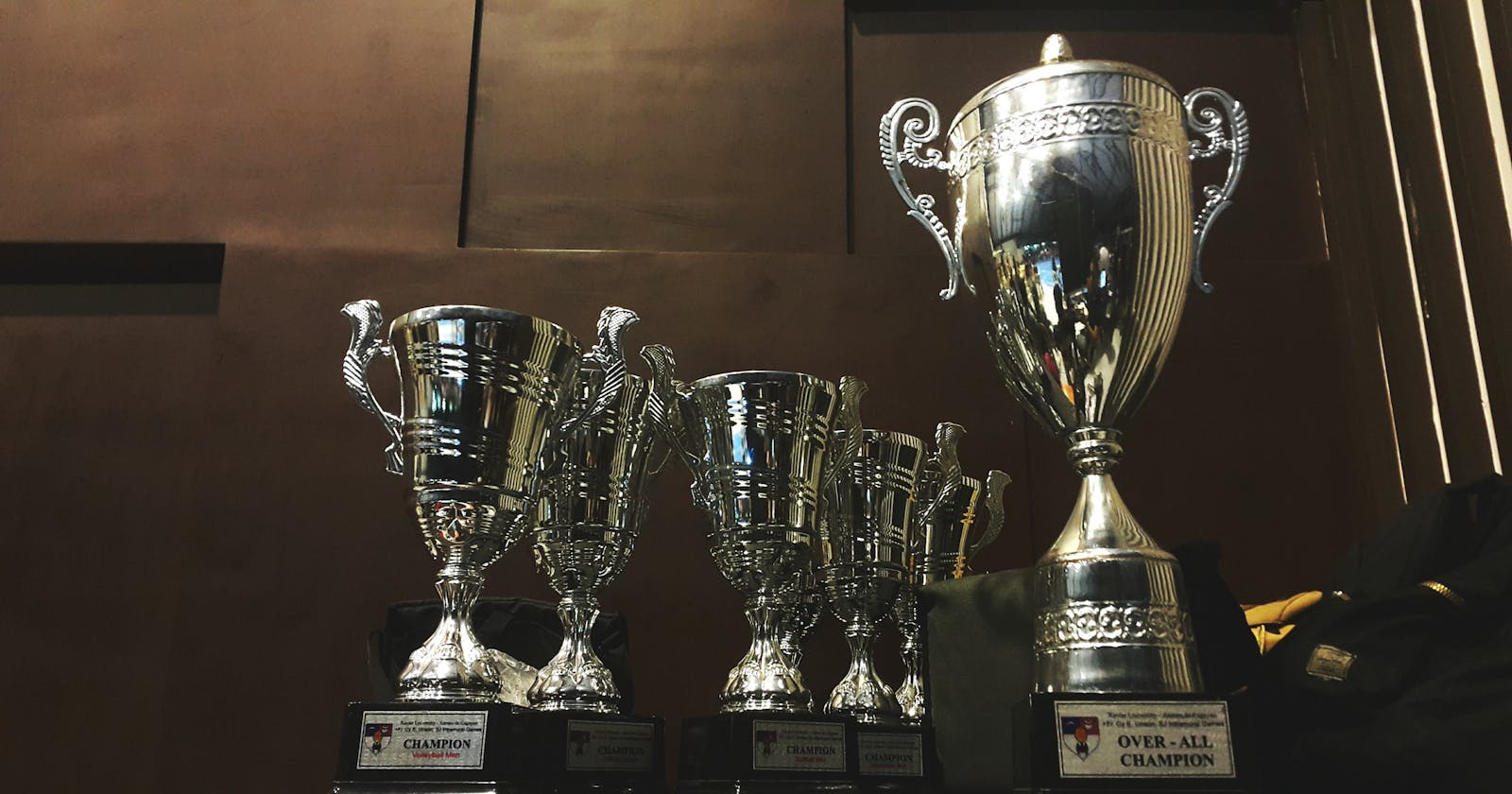Resources to prepare yourself for the The International Collegiate Programming Contest (ICPC) or any competitive programming contest
 on [Unsplash](https://unsplash.com/s/photos/trophy?utm_source=unsplash&utm_medium=referral&utm_content=creditCopyText)](https://cdn-images-1.medium.com/max/10624/1*pLRMNXqhog5u8KBfRynb2A.jpeg) Photo by Ariel Besagar on Unsplash
Photo by Ariel Besagar on Unsplash
What is the ICPC?
“The ICPC, the ‘International Collegiate Programming Contest,’ is an extra-curricular, competitive programming sport for students at universities around the world. ICPC competitions provide gifted students opportunities to interact, demonstrate, and improve their teamwork, programming, and problem-solving process. The ICPC is a global platform for academia, industry, and community to shine the spotlight on and raise the aspirations of the next generation of computing professionals as they pursue excellence.” — Wikipedia
Disclaimer
I’m by no mean a top coder or a world finalist. I just wanted to share the resources I found helpful, and if you follow them, hopefully, you will be an ICPC world finalist.
Introduction
I really like competitive programming, and I really want to be someone like Gennady Korotkevich. He is truly a living legend in the field of competitive programming.
Anyways, let’s get into the details …
The Steps to be a Good Competitive Programmer
It’s really simple: There are no tricks and there’s no short way … all you need is dedication and a goal, and you are all set.
First, you will need to be familiar with at least one of the following programming languages: Python, Java, C, or C++.
Secondly, you will need to study all of the different topics about data structures and algorithms.
Finally, do a lot of problems … a lot!
Topics
These are the main topics that should be done thoroughly.
Number theory
Prime generation (sieve and segmented sieve)
Greedy algorithms
Binary search
Ubiquitous binary search — get a grasp of discrete and continuous binary searches
Data structures
Graph algorithms
String algorithms
Learning library functions for string actually proves very helpful. (C++: See this, this, String in Java.)
Dynamic programming
Dynamic programming is quite important and can be infused and asked with various other topics. Some different types of DP concepts are:
Classic DP
Computational geometry
Resources
“Competitive Programming 3”: This book is beyond great. I’m currently in the middle of it and I’m enjoying the problems and the book structure. I highly recommended it.
“The ‘Science’ of Training in Competitive Programming”: In this blog,the author explains how to train for CP and what he did in order to be a good problem solver.
How to be a red coder: This Quora answer really goes deep into how to be a red coder and train efficiently.
